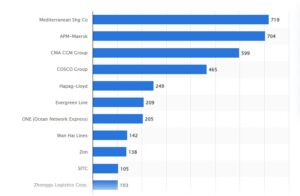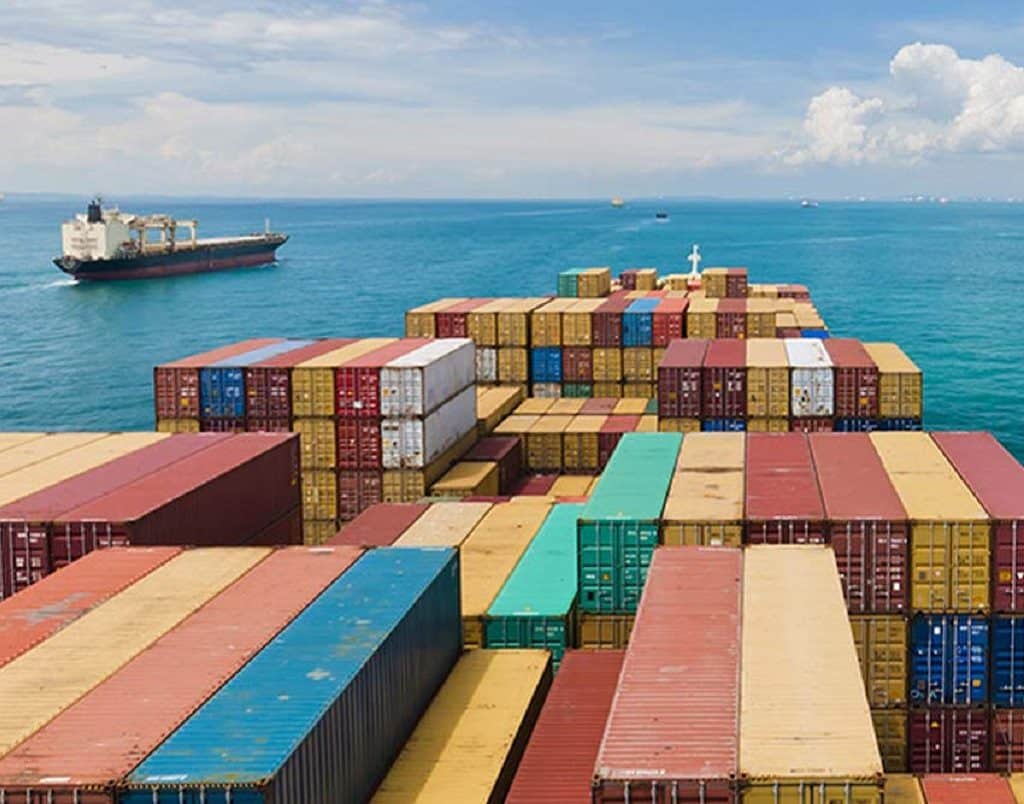Matthew Taylor Pollmann, current general manager of Flux, officially presented Smart Flux, a system that completely digitizes the release process of import containers.
This system stands out for its ability to adapt to various local realities, easily integrating with other applications and providing complete visibility into the container’s status, as well as its load.
Although not officially launched yet, Smart Flux was first introduced during the International Congress of Customs Agents in Chile.
During this event, the success and extensive application of Smart Flux were highlighted, as it has been successfully implemented by the shipping agency Ian Taylor and its associated shipping companies to digitize the container release process carried out by customs agents in Chile.
Since its creation three years ago, Smart Flux has proven to be a success, as it has been used by Ian Taylor for the digitization of documents for more than 200,000 containers from four different shipping companies, benefiting over 1,000 companies and 1,400 users.
This system has become a fundamental tool for most customs agents, large importers, terminals, warehouses, depots, and insurance companies.
Smart Flux was designed with the idea that users can handle their procedures autonomously, protecting commercial information of different stakeholders in the logistics of maritime trade.

Furthermore, it contributes to environmental sustainability by eliminating the use of paper and reducing the movement of people, as well as the carbon footprint associated with maritime transport.
The direct benefits for Smart Flux users are numerous. Shipping companies improve visibility and control over their local operations, ship agents optimize the billing and collection process for local services, and customs agents streamline clearances, reducing errors.
Importers reduce the risk of delays in cargo release, avoiding additional costs and stockout risks.
Smart Flux’s innovation in global maritime logistics lays the foundation for future improvements, such as the incorporation of artificial intelligence for more efficient decisions and blockchain technology for a fully digital implementation of the Bill of Lading (BL).
Smart Flux represents a valuable contribution to global trade, promoting paperless logistics processes and facilitating the integration of stakeholders in the digital revolution of the maritime industry.
The ongoing digitization of documentary procedures in maritime logistics anticipates a revolution that will simplify and expedite the global supply chain.
New generations demand systems that foster collaboration, interoperability, and integration, surpassing obsolete paradigms such as centralization or compartmentalization.
Digitization is reshaping the maritime logistics industry, generating a revolution with significant innovations and ongoing efforts to overcome the specific complexities of each country in developing universal solutions.
The challenges associated with paper documentation and analog processes in maritime trade are being addressed by digitization, allowing an unprecedented flow of cargo and information in the global logistics industry.






